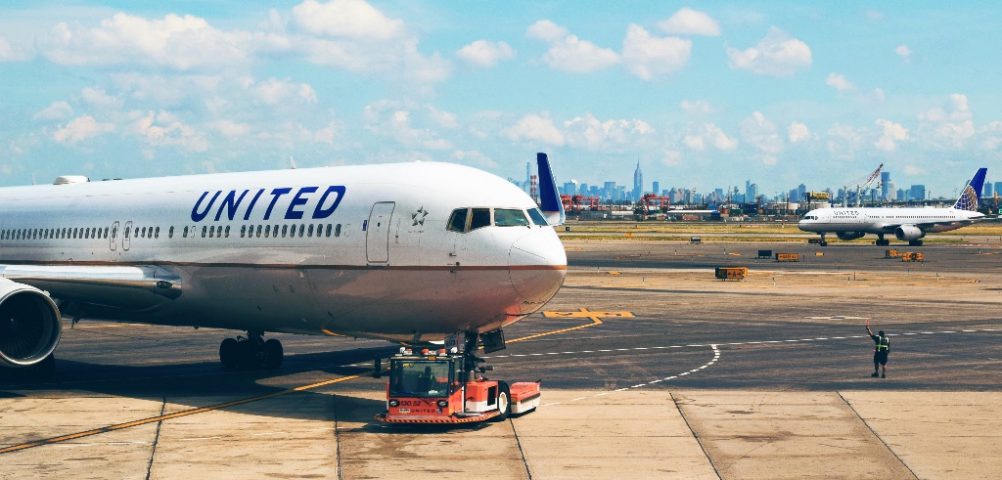The Shocking Truth About “Disunited” Airlines
In 2015, a sizeable group of past and current United Airlines employees signed a petition filed by change.org demanding the resignation of United Airlines CEO Jeff Smisek. It called Smisek out for cutting costs at the expense of services and taking steps that damage retirees – all actions the group claims to be contrary to Smisek’s sworn testimony before Congress when he said the 2010 merger between Continental and United would have no “significant” effect on employment on frontline jobs.
At a previous United Airlines Investor Day Conference, Smisek made a rather jaw-dropping statement:
“I think you’ll like the changes you see, as we aim to not fall in the last place.”
At the time, United’s customer service satisfaction ratings were in the mid-twenty percentile. He posted a new target in the employee cafeterias that he wanted everyone to aspire to hit 31%. Many asked if he was actually suggesting this was the new customer service rating target to which he responded the number represented a “complex metric.”
When Mr. Smisek took over merged United and Continental airlines, he slashed pensions, incentives, expenses and dismembered one of the better cultures in the industry. He cut costs to such a degree that planes have had to make unscheduled stops to pick up toilet paper. Staff members coined a phrase, “this airline is all Jeff’d up.”
In a little more than three years, Smisek’s disregard for employees directly led to the lowest customer satisfaction in the industry. The company is a case study of what happens when the tough gets going and the organization develops a disregard for workers and a fixation on the numbers.
Last year, I spoke to a group of CEOs in Canada about what it takes to become an Engagement CEO. In the midst of the presentation, I presented United Airlines as an example of how disengagement can impact the customers. At the mention of the name, dozens of executives looked at each other saying, “I hate United Airlines!” One of the laziest ways CEOs can lower expenses is to simply lay people off and cut overhead. But often, these are the very organizations that also alienate customers for years to come.
If you are an airline traveler, here are a few examples you might not be aware of:
Unhappy flight attendants routinely turn up the heat in the cabin. Why? If passengers are knocked out they have less work passing out peanuts and drinks. The next time you think you are coming down with the flu, ask them to turn down the heat.
Pilots have lost virtually every financial incentive to do their best. Now, many purposely slow down flights to get bumped into overtime. If they make a plane a half-hour late that equals about $70.00. If 200 passengers are on board and their average income is $30/hour the collective loss is $3,000. The most cynical pilots have figured out how to time a flight so that it arrives as late as possible without getting cited.
The treatment of employees at United Airlines is an especially sad example of how a single-minded fixation on shareholder value damages the overall brand of an organization. As Gallup has indicated, only 13% of the world’s workers are engaged. United’s example makes a good case that business leaders are not immune to the great disengagement.
Employee engagement hits all of us virtually every day.
We can only hope the future of United’s customer experience will improve. Last year, Jeff Smisek abruptly resigned after becoming embroiled in an antitrust scandal involving the Port Authority of New Jersey. It appears that Jeff had arranged a low load money-losing flight between Newark and Columbia, South Carolina near the PA Chairman’s weekend home.
Time and time again, we find that CEOs make dreadful decisions that since they run a commodity it is a good idea to treat their own people as a commodity. But the results are terrible for customers and shareholders alike. We will forgive them for taking away our peanuts and charging for drinks but when employees start to treat customers badly, it is all over.
The costs of these shortcuts are always bigger in the long run. In the last few years, Time Warner Cable and Charter Communications routinely made “America’s Most Hated Companys Lists.” For some, just the mention of their name inspires Tourette’s Syndrome. The ill-will became so strong they have merged and now represent themselves as Spectrum, “America’s fastest growing Cable and Internet provider.” Yes, they are the fastest growing because they merged and made a business decision to hide their old names.
In the years ahead, companies that compete with narrow profit margins have one asset they must rely upon and elevate to full partnership in their success: The talent. By and large, if we treat people with that kind of dignity they will show up and they will do their best.
Brought to you by David Harder, President – Inspired Work, Inc.
(310) 277-4850
(C) Copyright, Inspired Work, Inc. – 2017 – (All rights reserved)

